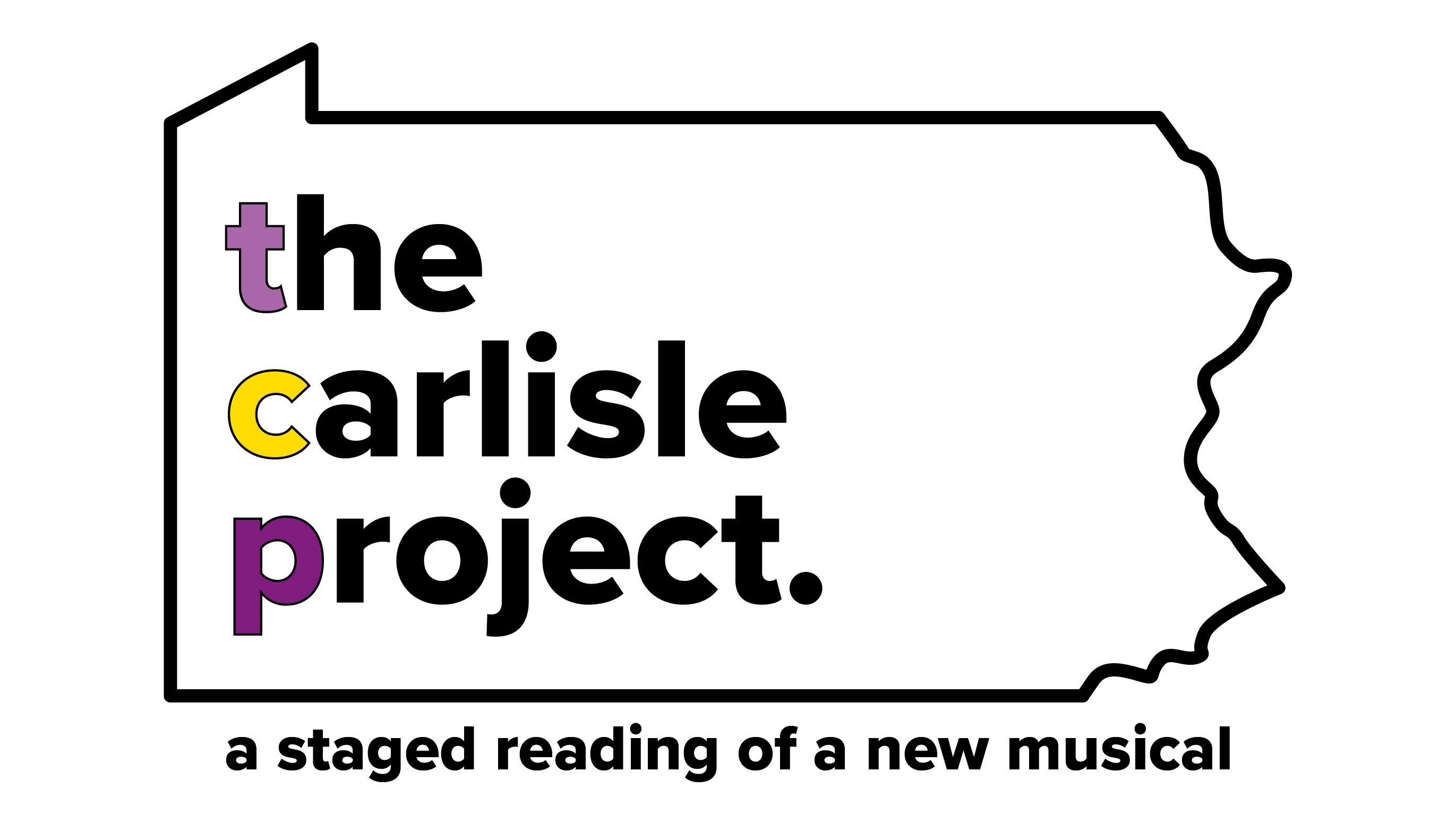Investors and market enthusiasts are always on the lookout for stocks that promise stability and growth, and Carlisle Companies Incorporated has long been a name that captures attention. With its diverse portfolio spanning construction materials, aerospace, and industrial products, Carlisle's share price is influenced by a myriad of factors. Whether you're a seasoned investor or a beginner trying to understand market trends, tracking Carlisle share price movements can provide valuable insights into the company's financial health and future prospects. This article dives deep into the factors affecting Carlisle share price, its historical performance, and what analysts are saying about its future trajectory. By the end of this guide, you'll have a clearer understanding of how Carlisle share price fits into your investment strategy.
Understanding Carlisle share price requires a closer look at the company's fundamentals, industry trends, and broader economic conditions. As a publicly traded company listed on the New York Stock Exchange (NYSE), Carlisle Companies operates in highly competitive sectors, which directly impact its stock performance. Investors often monitor Carlisle share price to gauge the company's ability to adapt to market changes, innovate in its product offerings, and maintain profitability. This guide will equip you with the tools and knowledge to analyze Carlisle share price effectively.
From historical data to expert predictions, this article explores everything you need to know about Carlisle share price. Whether you're interested in short-term trading or long-term investments, the insights provided here will help you make informed decisions. Let's delve into the details and uncover what makes Carlisle share price a topic of interest for investors worldwide.
Read also:Everything You Need To Know About Dmv Stewartstown Pa Services Tips And Faqs
Table of Contents
- What Drives Carlisle Share Price?
- Historical Performance of Carlisle Share Price
- Is Carlisle Share Price a Good Investment?
- How Does the Market View Carlisle Share Price?
- Key Factors Affecting Carlisle Share Price
- What Analysts Say About Carlisle Share Price?
- How to Track Carlisle Share Price?
- Should You Buy Carlisle Share Price Now?
- The Future of Carlisle Share Price
- Frequently Asked Questions About Carlisle Share Price
What Drives Carlisle Share Price?
Understanding the dynamics behind Carlisle share price requires an analysis of both internal and external factors. Internally, the company's financial performance, product innovation, and strategic decisions play a significant role. For instance, Carlisle's focus on sustainability and energy-efficient solutions has positioned it as a leader in the construction materials sector, positively influencing its share price. Externally, market conditions, economic trends, and geopolitical events can also impact Carlisle share price. Investors often track these variables to predict future movements.
One of the key drivers of Carlisle share price is the company's ability to maintain strong revenue growth. Over the years, Carlisle has demonstrated resilience by adapting to changing market demands and expanding its product offerings. This adaptability has helped stabilize Carlisle share price even during economic downturns. Additionally, the company's commitment to returning value to shareholders through dividends and share buybacks has made it an attractive option for income-focused investors.
Is Carlisle Share Price a Good Investment?
Investors often ask whether Carlisle share price represents a worthwhile investment opportunity. The answer depends on your financial goals, risk tolerance, and investment horizon. For those seeking long-term growth, Carlisle's consistent performance and diversified portfolio make it a compelling choice. The company's focus on innovation and sustainability aligns with global trends, potentially boosting Carlisle share price in the future.
- Strong historical performance and steady dividend payouts.
- Diversified product portfolio reduces reliance on a single market.
- Commitment to sustainability appeals to environmentally conscious investors.
Historical Performance of Carlisle Share Price
To gain a deeper understanding of Carlisle share price, it's essential to examine its historical performance. Over the past decade, Carlisle share price has shown steady growth, with occasional fluctuations due to market volatility. For example, during the economic uncertainty caused by the COVID-19 pandemic, Carlisle share price experienced a temporary decline. However, the company's swift recovery and strategic initiatives helped it regain investor confidence.
By analyzing Carlisle share price trends over the years, investors can identify patterns and make informed decisions. Historical data reveals that Carlisle share price tends to perform well during periods of economic expansion, driven by increased demand for its products. This insight can be invaluable for timing your investments and maximizing returns.
How Does the Market View Carlisle Share Price?
The market's perception of Carlisle share price is shaped by various factors, including analyst ratings, investor sentiment, and media coverage. Analysts often provide target prices and recommendations for Carlisle share price, which can influence trading activity. Positive coverage and strong earnings reports typically boost investor confidence, leading to an uptick in Carlisle share price.
Read also:Ashley Store Plano Your Ultimate Guide To Stylish And Affordable Furniture
Investor sentiment also plays a crucial role in determining Carlisle share price. When investors perceive the company as a stable and profitable entity, demand for its shares increases, driving the price higher. Conversely, negative news or economic headwinds can dampen enthusiasm and cause Carlisle share price to decline.
Key Factors Affecting Carlisle Share Price
Several factors contribute to the fluctuations in Carlisle share price. These include macroeconomic conditions, industry trends, and company-specific developments. For example, rising interest rates can negatively impact Carlisle share price by increasing borrowing costs and reducing consumer spending. Similarly, shifts in global trade policies can affect the company's supply chain and profitability.
Company-specific factors, such as mergers and acquisitions, new product launches, and leadership changes, also play a significant role. Investors closely monitor these developments to assess their potential impact on Carlisle share price. By staying informed about these factors, you can better anticipate future price movements and adjust your investment strategy accordingly.
What Analysts Say About Carlisle Share Price?
Analysts provide valuable insights into Carlisle share price by analyzing financial statements, market trends, and industry dynamics. Their reports often include price targets and buy/sell recommendations, which can influence investor decisions. For instance, if analysts predict a bullish outlook for Carlisle share price, it may attract more buyers and drive the price higher.
However, it's important to consider multiple perspectives when evaluating Carlisle share price. Different analysts may have varying opinions based on their methodologies and assumptions. By comparing their forecasts, you can gain a more comprehensive understanding of Carlisle share price and its potential trajectory.
How to Track Carlisle Share Price?
Tracking Carlisle share price is essential for making informed investment decisions. Fortunately, there are several tools and resources available to help you monitor its performance. Financial news websites, stock market apps, and brokerage platforms provide real-time updates on Carlisle share price, along with charts and technical indicators.
Additionally, setting up alerts for Carlisle share price can help you stay informed about significant movements. Whether you're interested in daily fluctuations or long-term trends, these tools ensure you never miss an opportunity to act on new information.
Should You Buy Carlisle Share Price Now?
Deciding whether to buy Carlisle share price depends on your investment objectives and risk tolerance. If you believe in the company's long-term growth potential and align with its values, it may be a suitable addition to your portfolio. However, it's crucial to conduct thorough research and consult with a financial advisor before making any investment decisions.
Consider factors such as the current market environment, Carlisle share price valuation, and your overall investment strategy. By weighing these elements, you can determine whether Carlisle share price aligns with your financial goals.
The Future of Carlisle Share Price
Looking ahead, the future of Carlisle share price will depend on the company's ability to navigate challenges and capitalize on opportunities. With its focus on innovation and sustainability, Carlisle is well-positioned to thrive in an evolving market. As global demand for energy-efficient solutions continues to rise, Carlisle share price could benefit from increased adoption of its products.
Investors should remain vigilant and stay updated on developments that could impact Carlisle share price. By maintaining a diversified portfolio and adopting a long-term perspective, you can mitigate risks and maximize returns.
Frequently Asked Questions About Carlisle Share Price
What is the current Carlisle share price? The current Carlisle share price can be found on financial news websites or stock market apps. It fluctuates throughout the trading day based on market conditions.
Why is Carlisle share price important? Carlisle share price reflects the company's financial health and market perception. Monitoring it helps investors make informed decisions.
How can I invest in Carlisle share price? You can invest in Carlisle share price through a brokerage account by purchasing its stock on the NYSE.
What factors influence Carlisle share price? Economic conditions, industry trends, and company-specific developments all impact Carlisle share price.
Is Carlisle share price volatile? Like any stock, Carlisle share price can experience volatility due to market fluctuations and external factors.

